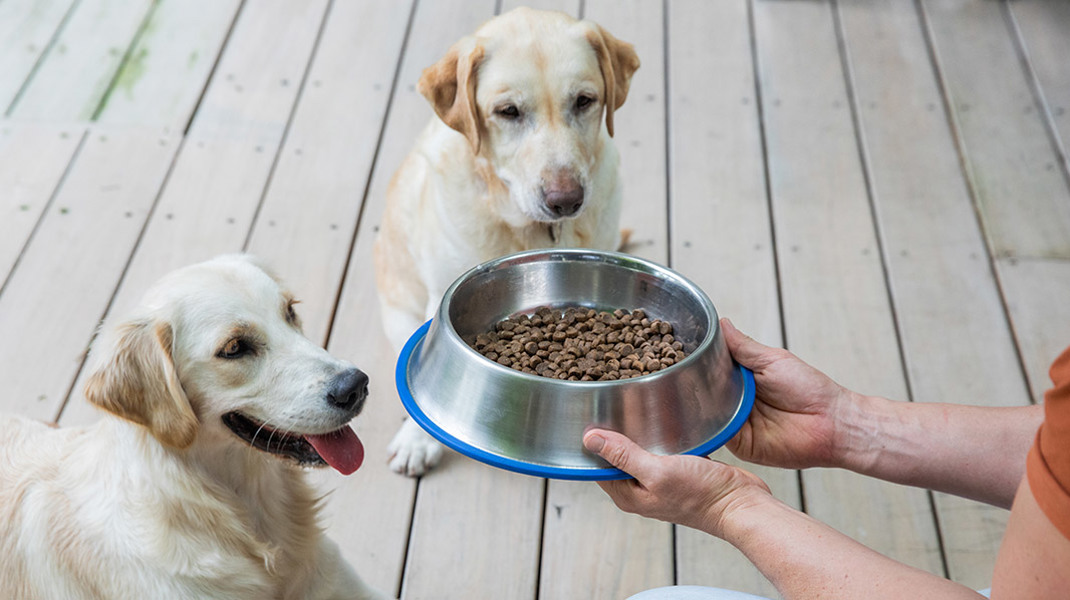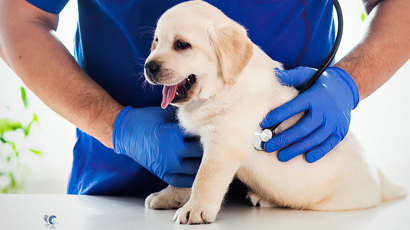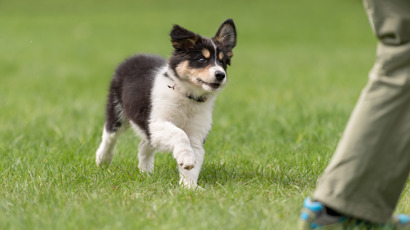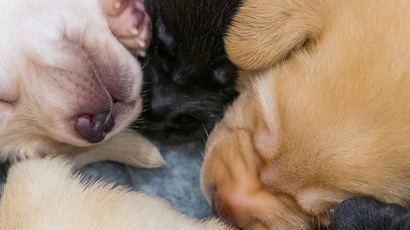Why does my dog get diarrhea when I change their food?

Dogs can develop diarrhoea when their food is changed quickly. There are a number of reasons why this might happen, primarily coming down to the fact that their gastro-intestinal tract has taken time to adapt and respond well to what's being fed on a day-to-day basis.
If we suddenly change what's in their bowl, their bodies will take some time once again for their gut 'digestive juices' and enzymes, their nutrient absorption pathways, their motility (that being the way their stomach and intestines 'push' food through their body) and their gut microbes to adapt once more.
The greater the difference between their original and new foods, the more likely that diarrhoea (or at least poorly formed stools) will occur. Switching from one primary protein source to another (chicken to lamb, for example) or making a big change in carbohydrate sources (potato to oats, for example) will lead to longer adaptation times for your dog.
We commonly ask that you change from one diet to another over a period of 7 days.

If your dog has had some issues or dietary sensitivities in the past, or is either young (developing their gastro-intestinal function) or particularly old (where digestive function can wane), it's good to take things even slower, over 2 to even 4 weeks.
Changing your approach to diet transition according to your pet's needs is what it's all about. Feel confident to alter your feeding to what suits them best. We always recommend feeding high quality foods to help the process, and to take advice from either our Customer Care team or your vet, particularly if you feel that a health issue is occurring.


